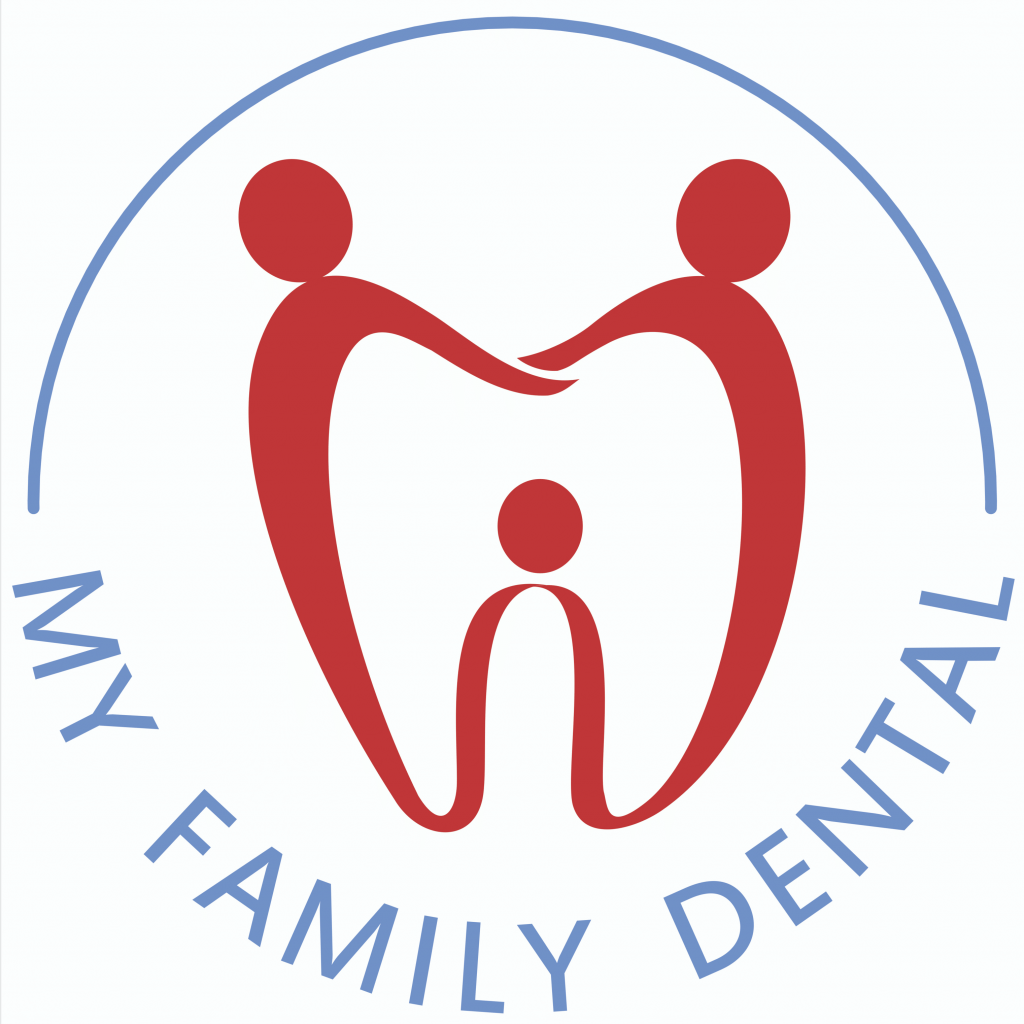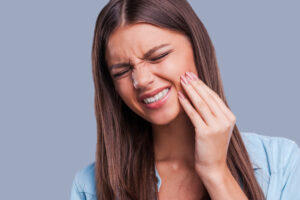Sugar!
Sugar consumption is the main contributor to dental caries. Besides affecting our teeth, high sugar diets have been linked to obesity, an increased risk of heart and kidney disease, stroke as well as type II diabetes. National data from the Australia Health Survey reports that over 47% of adults and 73% of teenagers have a “high sugar diet” exceeding the recommended daily sugar intake by the World Health Organisation which is 10% of your total energy intake.1 For the average female this is 6 teaspoons of sugar and for a male 10 teaspoons a day.
Sugar itself is found in several forms in our diet: lactose (milk), fructose (fruit), sucrose (refined sugar) and glucose (the most basic sugar). Sugar is everywhere! All these sugars in our diet have the potential to cause tooth decay. Keeping within these recommended guideline for sugar consumption can be difficult. For example, one cup of fruit juice in the morning for breakfast has 6 teaspoons of sugar.2 So no more sugar for the rest of the day?
You may ask, how does sugar actually cause cavities in my teeth?
Sugar by itself doesn’t cause teeth to decay. The process of tooth decay requires a combination of sugar, tooth structure, bacteria/plaque and time.
Simply, sugar + tooth + plaque = tooth decay.
Live bacteria in your mouth consume the sugar from your food and drinks and produce acid as a by-product. This acid attacks the outer surface of your tooth, enamel, leading to formation of a cavity. If not diagnosed and treated early by a dentist, the cavity is likely to progress deeper inside your tooth to dentine and pulpal tissue (nerve).
What can you do to minimise your risk of developing dental decay?
As you can see, sugar is just one part of the equation for tooth decay but it is the easiest part of the equation to remove. Obviously, we cannot remove all of your teeth “tooth structure”, and we can never remove all the bacteria from your mouth despite how well we clean our teeth.
So let’s reduce sugar!3
– Be mindful of what sugar is in the food and drinks you consume, always check nutrition labels. Can you get under 10% of your daily energy intake?
– Try to avoid snacks and sugary drinks between meals – limit the frequency that teeth are exposed to sugar
– Drink water or rinse your mouth after any snack or drink
– Drinking with a straw or drinking quickly to help reduce exposure of your teeth to sugary drinks
– Brush and floss your teeth x2 daily with fluoride toothpaste
– Chew sugar free gum, Studies have shown that chewing gum for 20 minutes after eating can prompt your mouth to produce more saliva, which helps neutralise decay-causing acid attacks. 3
– Visit your dentist 6 monthly for a preventative dental check and clean
- Australian Dental Association. Australia’s Oral Health Tracker Technical Paper. Australian Health Policy Collaboration website. https://www.ada.org.au/Dental-Professionals/Australia-s-Oral-Health-Tracker/Australia-s-Oral-Health-Tracker-Technical-Appendix/ADA_AHPC_Technical-Appendix_07032018.aspx. Published February 2018. Accessed April 2020
- Australian Government. Fact Sheet – How much sugar is in what we drink? Australian Government Department of Health Website. https://www1.health.gov.au/internet/publications/publishing.nsf/Content/sugar-drinks-toc~sugar-drinks-3-fact-sheets~sugar-drinks-factsheet-3-3-sugar-what-drink Published September 2014. Accessed April 2020.
- Australian Dental Association. Diet and Nutrition. Australian Dental Association Website. https://www.ada.org.au/Dental-Health-Week/Oral-Health-for-Busy-Lives/Diet-and-Nutrition Published August 2019. Accessed April 2020
by Dr Jennifer Hamilton, B.D.S



